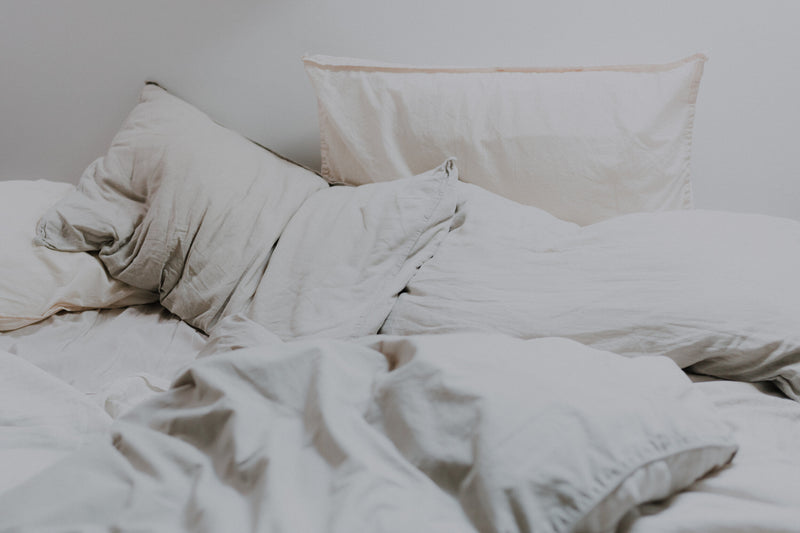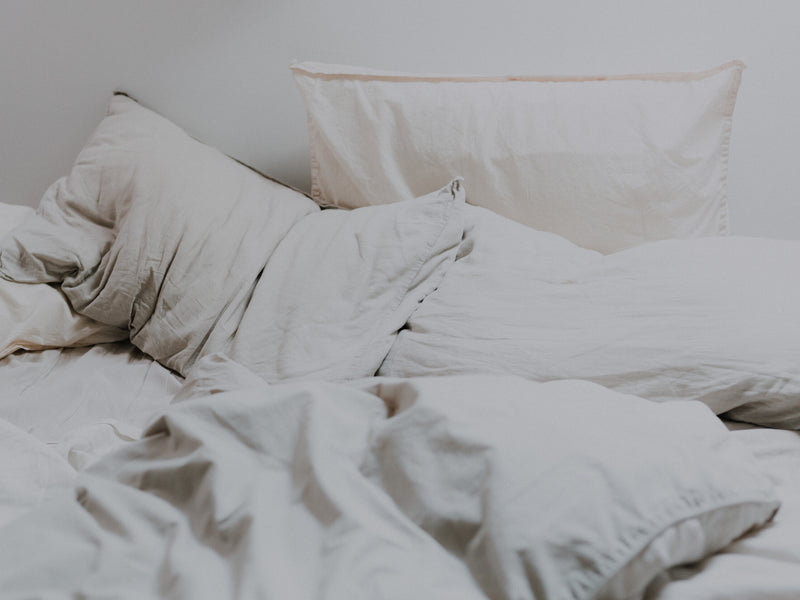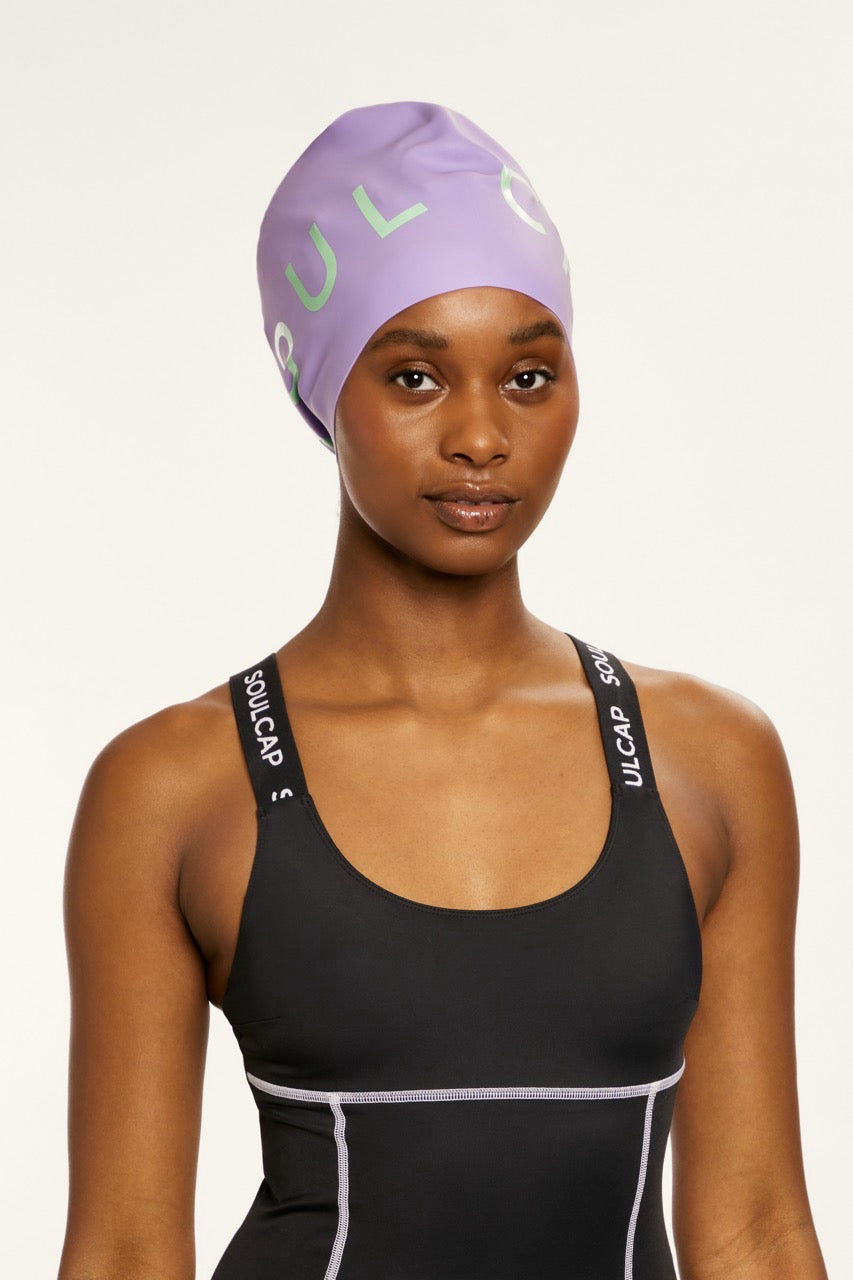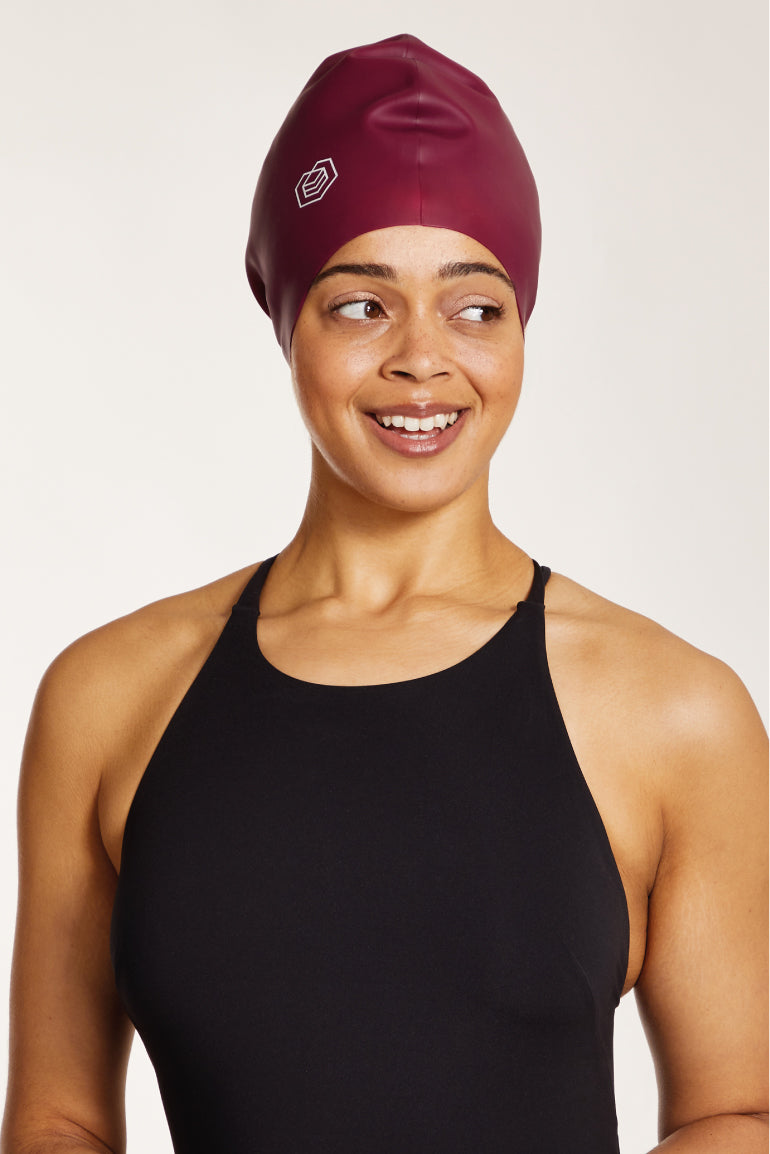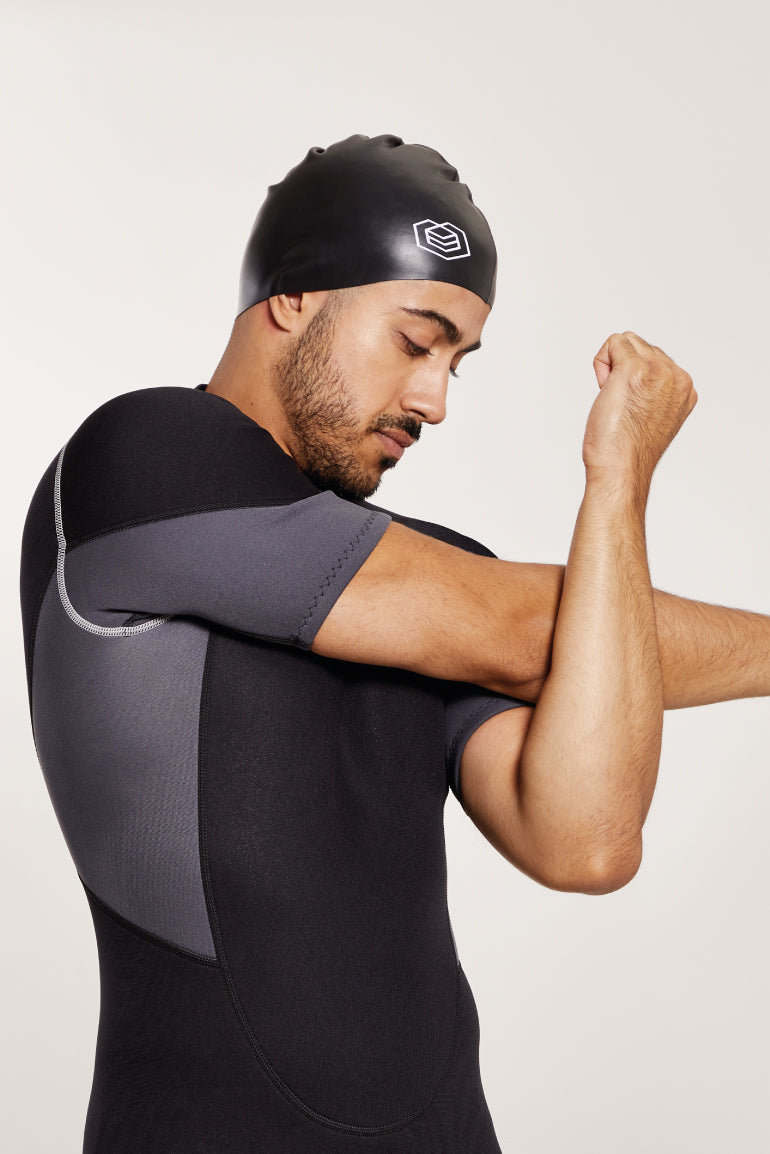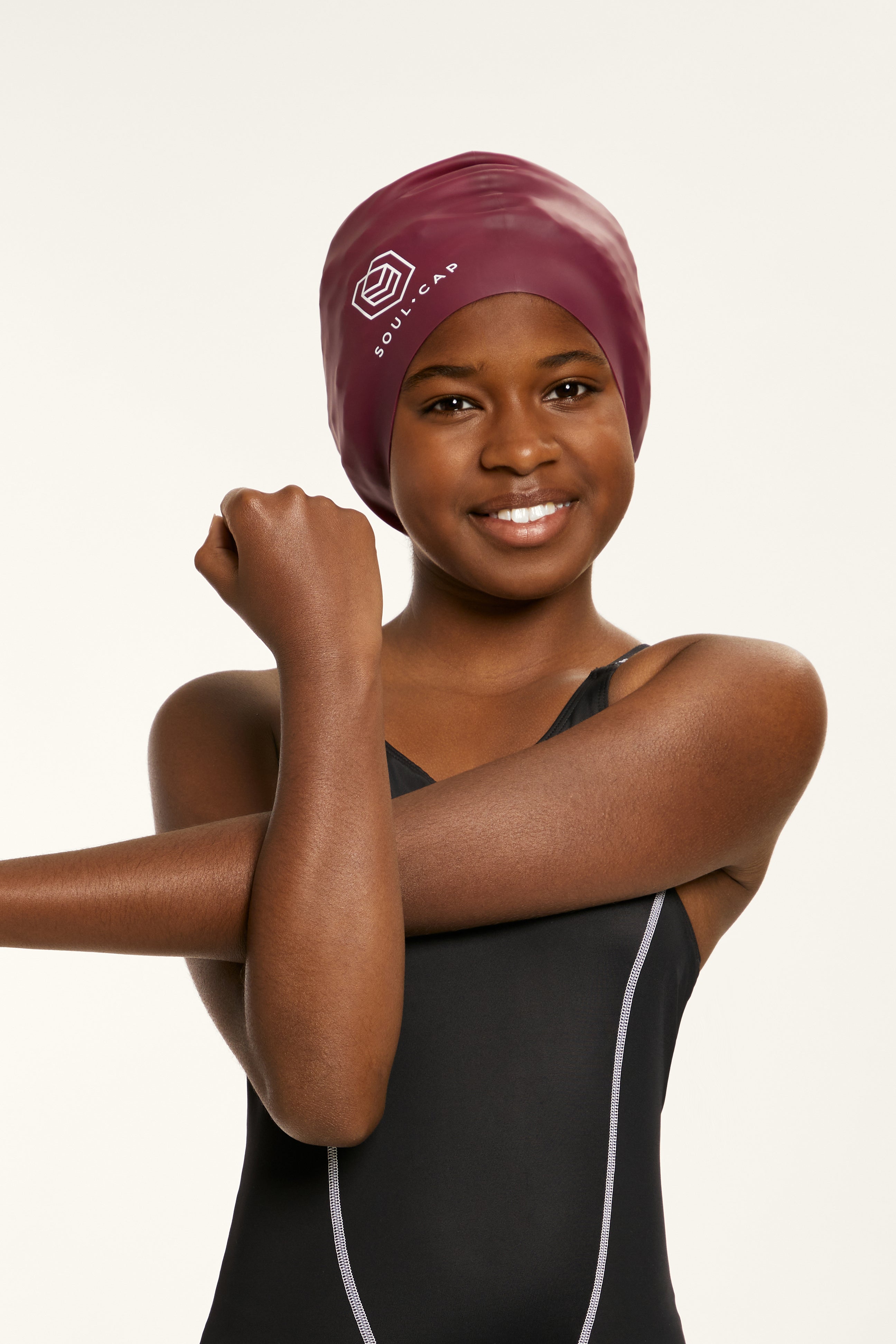Priscilla Du Preez
Ask any professional swimmer what they think about sleep, and this is the answer you'll usually get:
They wish they had more of it.
Sleep is a key part of any athlete's lifestyle. And it's not just about keeping your body in the best condition – it's a crucial factor in creating a healthy balance between your sporting life and your everyday living.
So here are three of the best ways swimmers like me try to get the most out of their sleep:
Find a sleep routine that works for you
Everyone has their own personal wind-down before they get into a good sleep. For some people, that means limiting your screen time for an hour before bed.
Other people (myself included) do the complete opposite: they prefer to watch TV or have a film playing as they fall asleep.
There have been all kinds of studies into the sleep habits of athletes – trying to find the perfect amount of sleep, the perfect temperature of your bedroom, and the perfect level of darkness to give you the best possible rest.
But in my view, your sleeping routines are individual and personal.
They might be rigidly strict or completely relaxed. But what's important is that you're comfortable with your routine, and you feel like you're getting the right amount of recovery after a training session.
So listen to your body, and don't worry too much about what other people do. If you feel like you've found a routine that's giving you what you need, you should carry on doing what's in your best interests.

Abdülkadir Vardi
Accept that it won't always be perfect
Most people will tell you that anyone who's training hard will sleep like a baby every night.
But the truth is, everyone has the occasional night of tossing and turning when you just can't seem to switch off your mind. And to make things worse, it usually happens to me when I'm in the middle of a competition!
For competitors like me, that's usually down to caffeine. Most athletes use caffeine to help them be more reactive and alert (just like people do in all kinds of jobs). And when the finals for racing events happen in the evening, that caffeine can cause problems with our sleep.
When it does happen, it can be really stressful – especially when you know you need to wake up early to compete the next day. So when it happens to me, I try not to get stressed about it. I'll do my best to relax, and make sure I've got the next morning planned out so I have enough time to get back and take a nap before the finals session later in the day.

David Mao
Which leads me nicely onto my final tip:
Embrace the nap!
For me, this is a huge part of my rest and recovery, and I'll always take full advantage of it when I have the time.
We've been conditioned growing up to always follow a pattern of eight hours of sleep a night. But real life doesn't always work out like that. So I try to be as flexible and efficient as possible with the time I have, so I can always be sure I'm getting the rest my body needs.
If I have a morning where I need to wake up at 4:30 to start swimming at 5:30, that's a day where I'll try to make time for an hour's nap later on – to make sure I have enough energy for the rest of the day ahead.
Sleep is a massive factor in improving your performance, no matter what kind of sport you're into.
And that means it deserves your respect. Without the right sleep, your recovery rates can drop, your training can suffer – and your chances of getting ill can increase.
Our bodies need downtime. And while our training might push our bodies to their limits, we have to respect that they need looking after.
So if you're a dedicated athlete who cares about their body, it might be time to give your sleeping habits the attention they deserve.
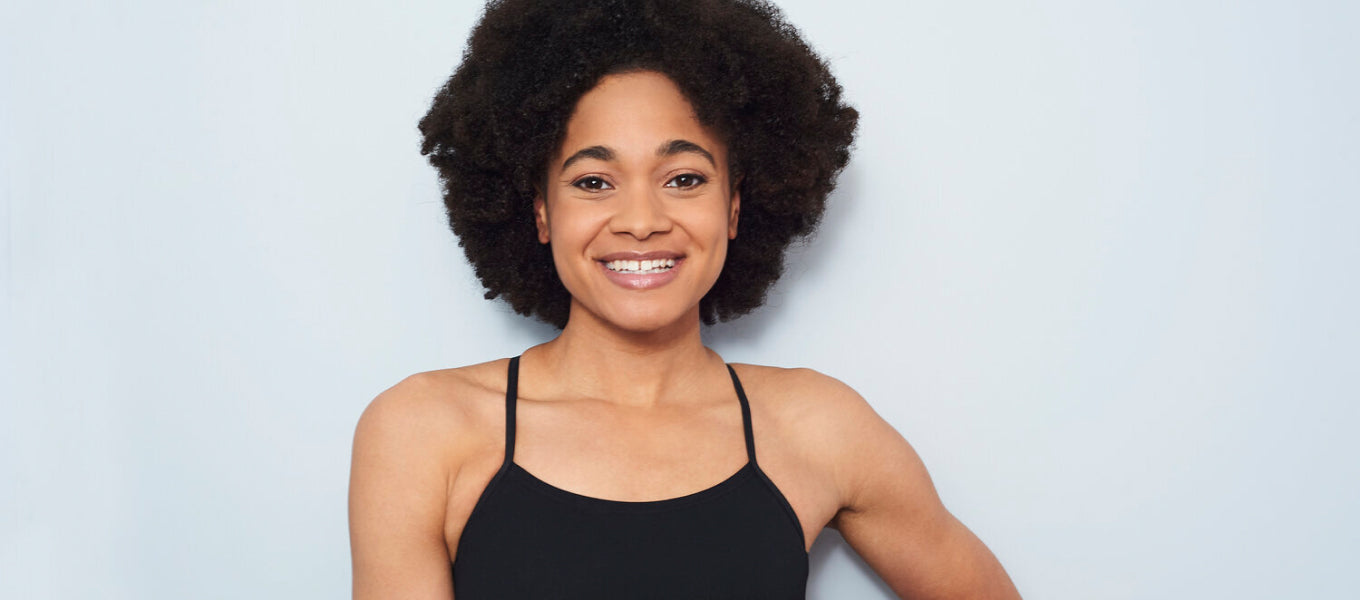
Blog Author, Alice Dearing (GB Swimmer & Olympic 2021 hopeful)

